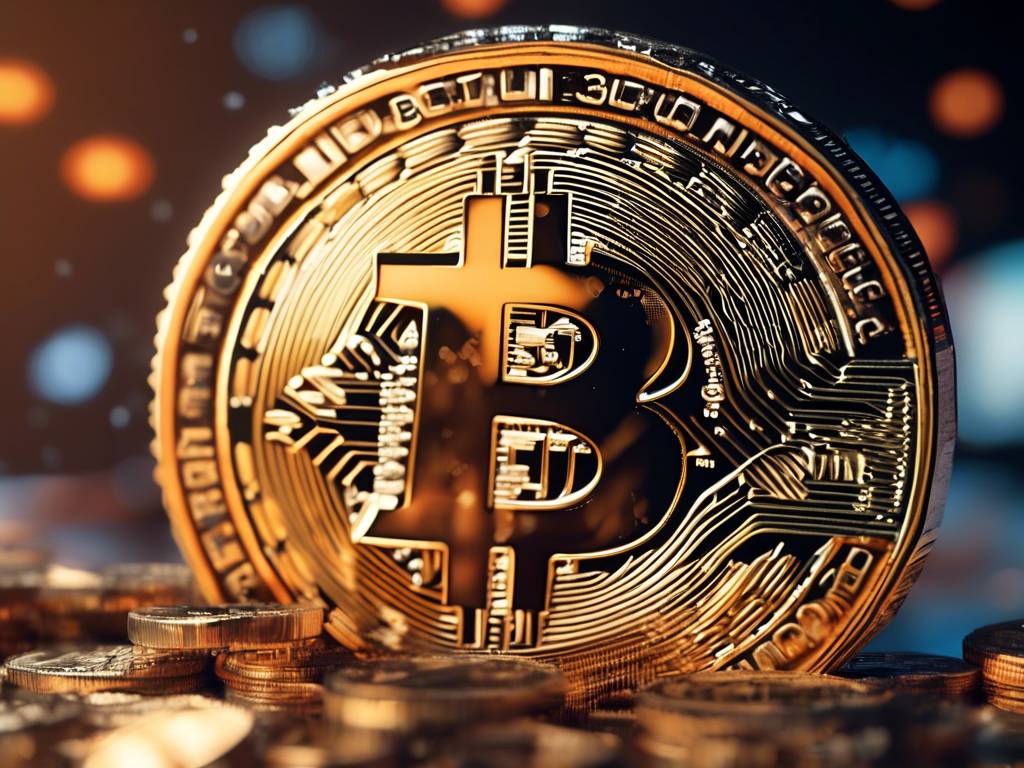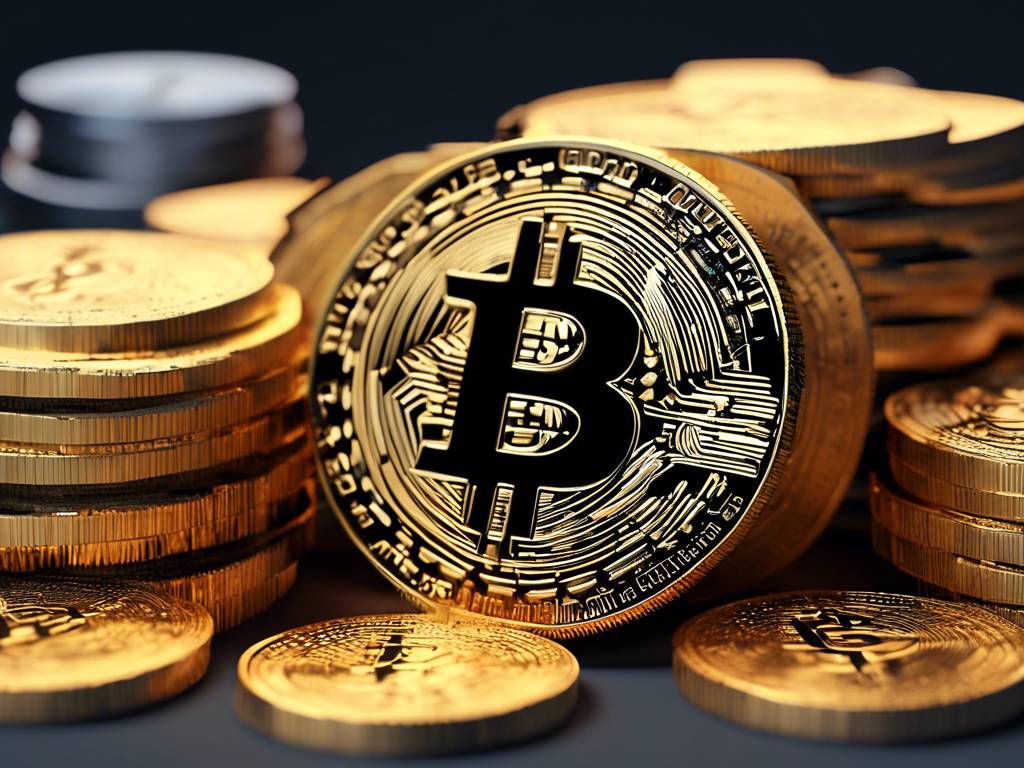Deciphering the Recent Trends in Bitcoin ETFs
Fresh cash has begun flowing back into Bitcoin exchange-traded funds (ETFs) after a period of outflows, with a Monday report from European asset manager CoinShares revealing $130 million was invested in the funds last week. CoinShares tracks crypto funds globally, with most of the recent investments going into American funds, particularly the new spot ETFs offering exposure to Bitcoin for traditional stock investors.
European Investors Withdraw Ethereum-related Funds
European investors withdrew $14 million from Ethereum-related funds, driven by skepticism around the approval of an Ethereum ETF. Several prominent investment firms are seeking SEC approval for an Ethereum ETF, but regulators are expected to delay or possibly reject such products completely.
Grayscale’s Bitcoin Trust Highlights
The good news for Bitcoin investors is that outflows from Grayscale’s Bitcoin Trust hit a record low last week since its conversion to an ETF earlier in the year. This shift led to massive redemptions, which impacted Bitcoin’s price due to the selling pressure as the fund converted Bitcoin to cash.
Influx in GBTC Shares
For the first time in a while, investors are buying more GBTC shares than redeeming them, signaling potential price hikes for Bitcoin, considering GBTC inflows could push the asset’s price upwards, showcasing renewed investor interest in the leading cryptocurrency by market cap.
Current Bitcoin Performance
Bitcoin is currently trading at $62,810, with a recent all-time high in March near $74,000. However, there has been a struggle since then due to dissipating ETF excitement, with recent record withdrawals of over half a billion dollars. The recent trends raise the question: are investors regaining their enthusiasm for Bitcoin?
Hot Take: Are Bitcoin ETFs Making a Comeback?
The recent influx of capital into Bitcoin ETFs signals a potential resurgence in interest among investors, which could lead to positive price movements for the leading cryptocurrency. However, uncertainties around ETF approvals and regulatory delays could still pose challenges.





 By
By
 By
By
 By
By
 By
By

 By
By